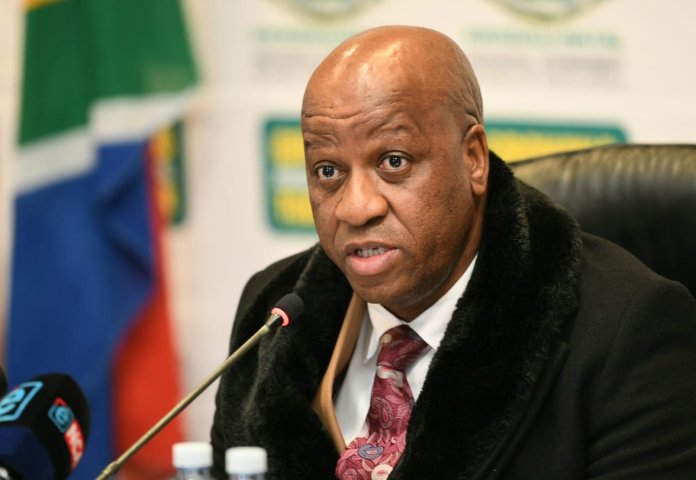KZN Premier Pledges No Learner Left Behind Amid Education Budget Crisis
KwaZulu-Natal, one of South Africa’s largest provinces, is facing what the Premier described as “deep financial strain.”

- Country:
- South Africa
KwaZulu-Natal Premier Thamsanqa Ntuli has reaffirmed the provincial government’s commitment to protecting learners and teachers from the impact of severe financial pressures currently affecting the province’s education system. Speaking after a high-level all-of-government meeting convened with Basic Education Minister Siviwe Gwarube on Monday, Ntuli stressed that education remains “too important to fail,” even in times of fiscal strain.
Financial Strain on the Education System
KwaZulu-Natal, one of South Africa’s largest provinces, is facing what the Premier described as “deep financial strain.” Years of austerity measures have weakened service delivery across multiple sectors, with education—employing tens of thousands of teachers and serving millions of learners—feeling the heaviest impact.
Despite the urgency of the crisis, Ntuli confirmed that no new funding has been allocated to the Department of Education. Instead, the province will be required to reprioritise resources within the existing budget envelope, making careful trade-offs while safeguarding essential services.
Building a Financial Recovery Plan
The meeting focused on crafting a Financial Recovery Plan to stabilise the education system without undermining its core mandate. Key interventions under consideration include:
-
Employee Audit: Assessing staffing levels to ensure efficiency and optimal resource allocation.
-
Learner Audit: Conducting a province-wide review of learner numbers to strengthen planning and align resource distribution with actual demand.
-
Reprioritisation of Expenditure: Shifting resources away from non-essential areas to protect classrooms, teachers, and learner needs.
Premier Ntuli emphasised that these interventions will be guided by a single overriding principle: protecting teaching and learning. “Classrooms, teachers, and learners must remain at the centre of every decision taken in the recovery process,” he said.
Coordinated Provincial and National Response
The all-of-government meeting brought together senior leaders at both provincial and national levels, underscoring the urgency of a coordinated approach to address the financial crisis. The discussions highlighted that while the challenges are significant, they also provide an opportunity to rebuild the education system into one that is more efficient, accountable, and sustainable.
Minister Siviwe Gwarube echoed the Premier’s sentiments, stressing that education is a cornerstone of national development and that reforms must focus on protecting learners from disruptions caused by fiscal constraints.
Education as a Cornerstone of Development
KwaZulu-Natal’s Department of Education is not only a major employer but also central to the province’s future economic and social development. Ensuring its stability, the Premier argued, is non-negotiable. By committing to audits, accountability measures, and a reprioritisation of spending, the provincial government aims to ensure that “no learner is left behind.”
Looking Ahead
While financial austerity poses tough challenges, the Premier insisted that the situation also presents an opportunity to drive innovation in resource use, build a more transparent system, and strengthen long-term sustainability. “The challenges we face today must be turned into opportunities to transform our education system into one that is leaner, smarter, and future-proof,” Ntuli said.
The Financial Recovery Plan is expected to be finalised in the coming weeks, setting out a roadmap for how KwaZulu-Natal will safeguard its education sector despite severe budgetary pressures.










